Raw Materials

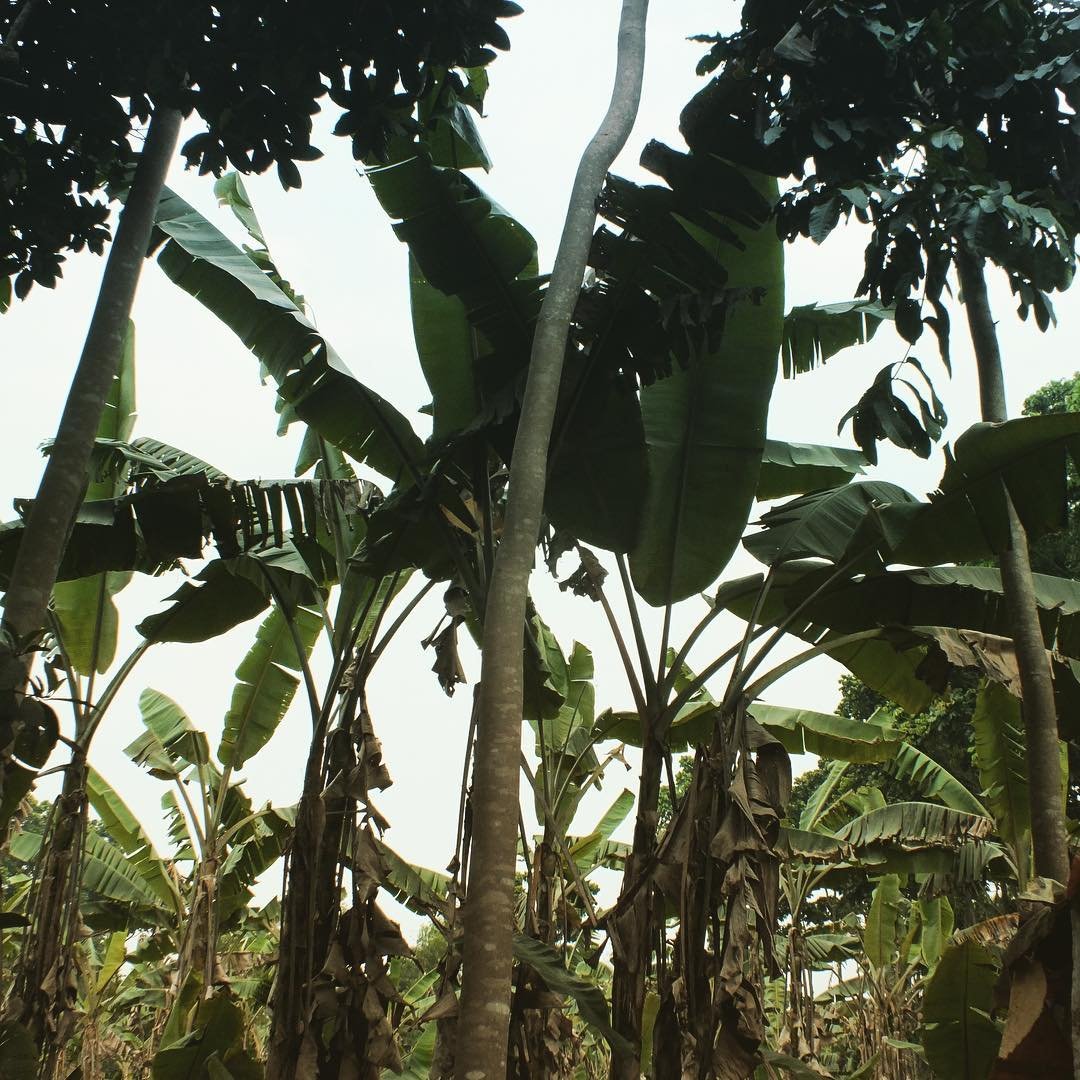
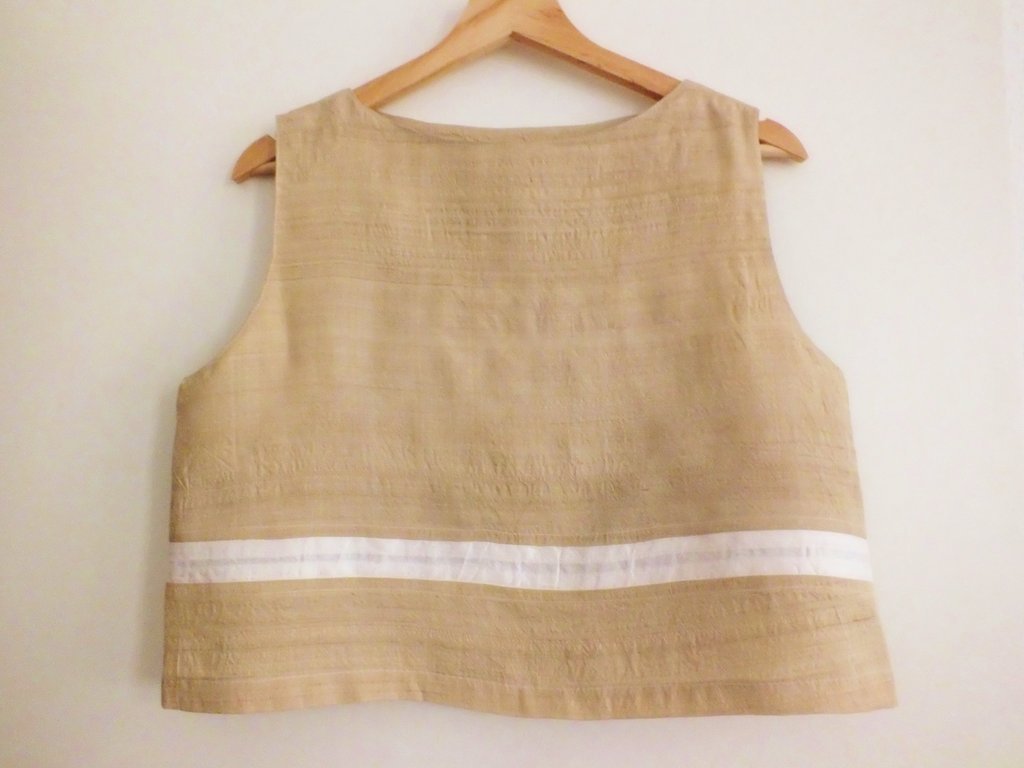
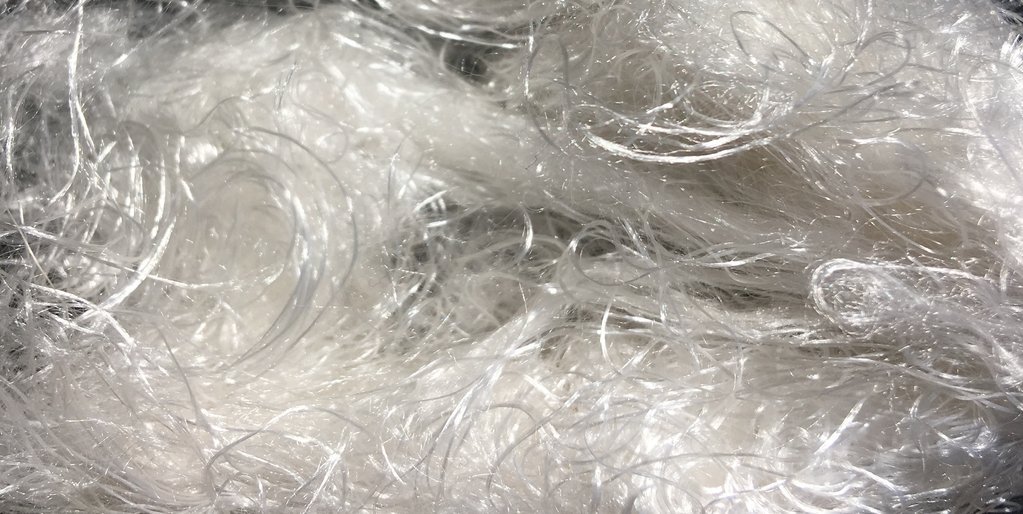
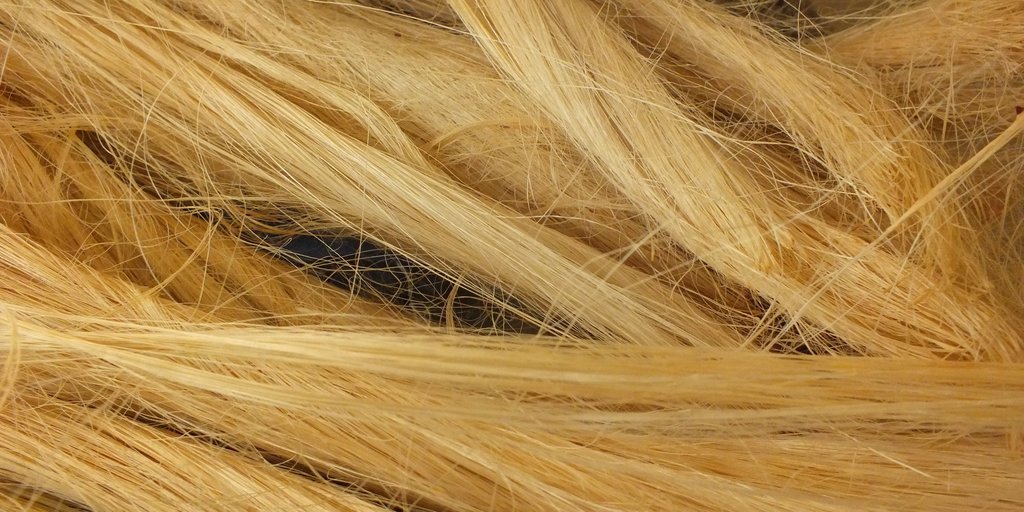
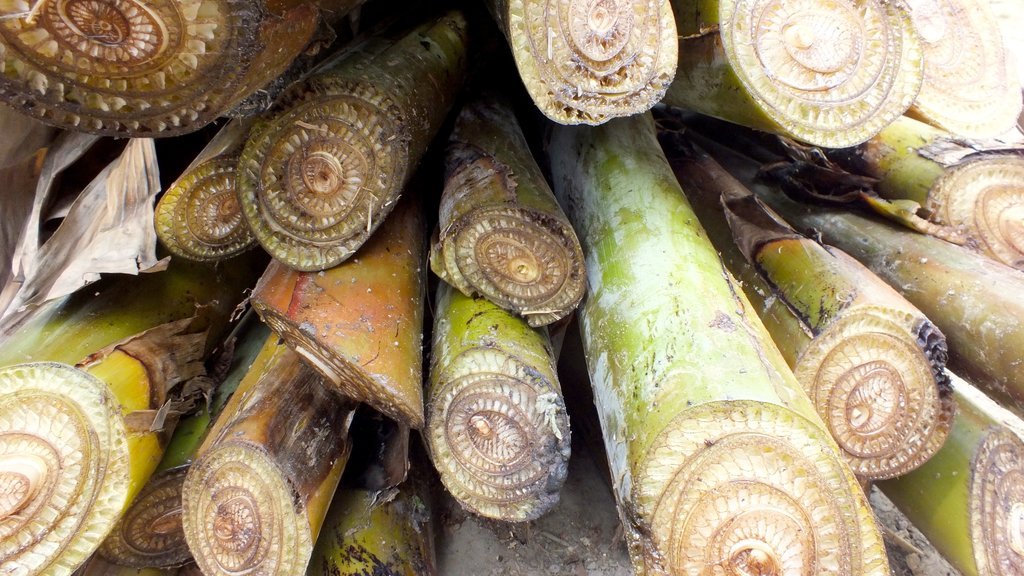
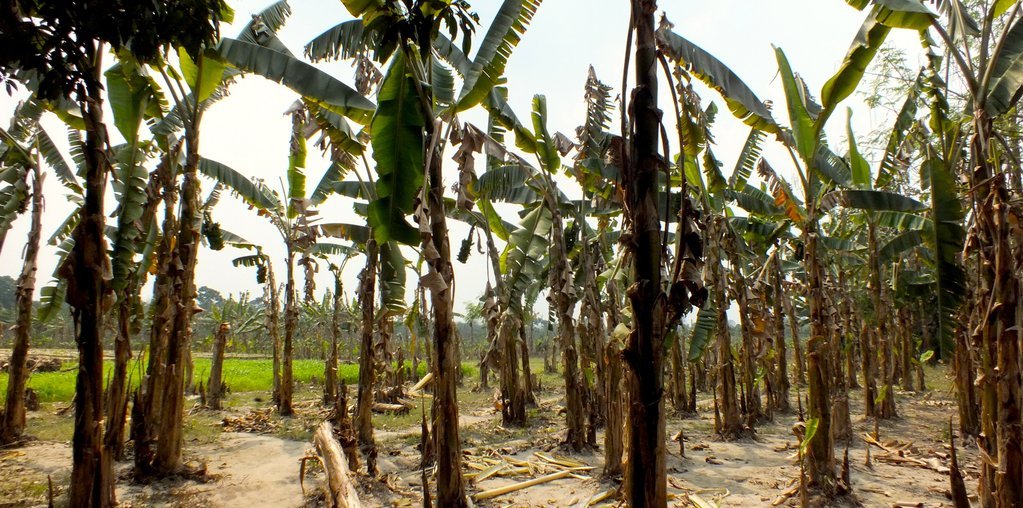
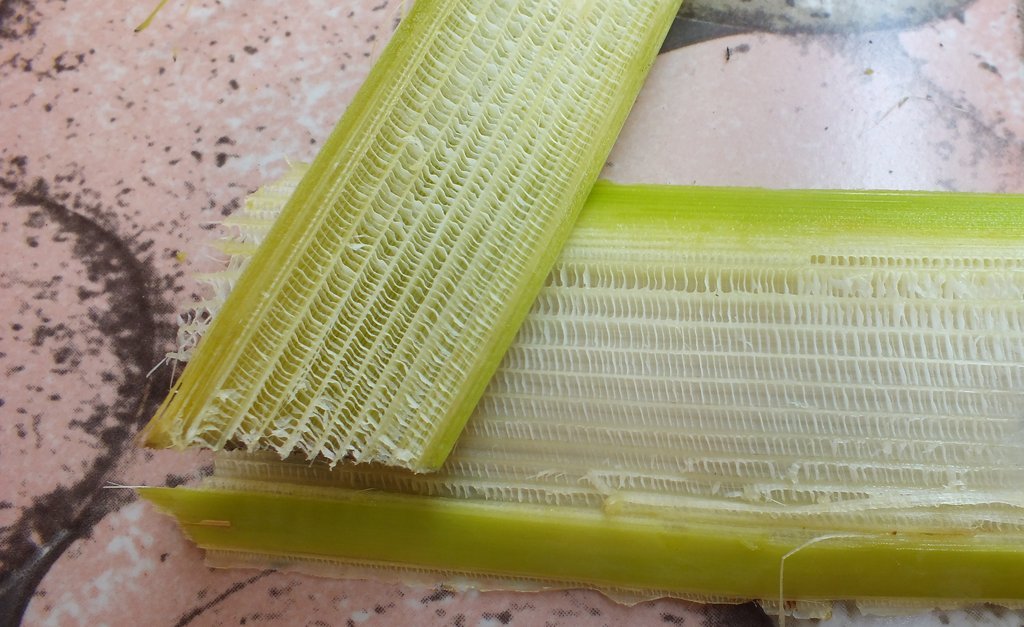


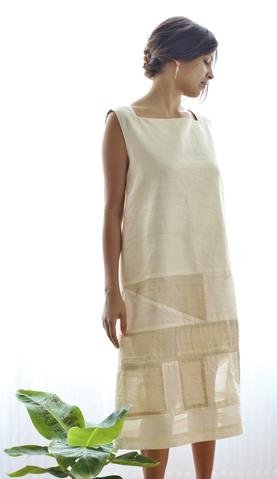
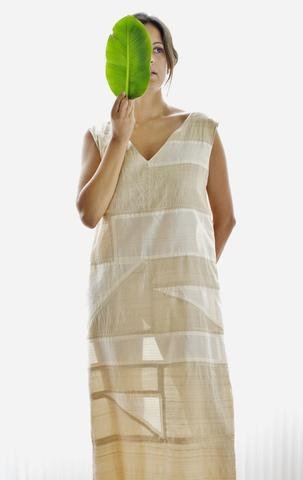

The Problem
The waste generated from Raw Materials is derived from dirty fibres, too short fibres, and defected yarns.
~1.44
MILLION
waste value. Equivalent volume of 3 x NASA Vehicle Assembly Building, USA (World’s 6th largest building).
$1.12
MILLION
Equivalent to doubling the pay of the 4.4m garment workers in Bangladesh for a month.
One Solution
MAVOLU is an online platform for sustainable fashion and accessories made from innovative textiles and future materials. This includes materials made from agricultural waste or by-products of the food processing industry, such as banana fibre made from the pseudo stem of the banana plant.
About the Solution
Fossil fashion is killing the planet. We must reduce the amount of textile fibres that are either fossil-fuel based or consume a high amount of natural resources. Let’s rethink current production patterns and increase investment and R&D in less common, innovative materials that offer alternatives to current production methods. One of many solutions is fibre production from agricultural residue. Our research, based in Chennai, India, investigated banana fibre. This is a bast fibre derived from the pseudostem of the banana plant. Made from waste material that would otherwise be burnt or left to rot, it is extremely resource efficient. The extraction and processing methods for banana fibre can vary to a great extent, some more eco-friendly than others. Depending on those methods, the quality of banana fibre can range from a rough bast fibre to a shiny soft yarn that is very similar to silk.
Triple Bottom Line
Sustainability Impact Measurements
Environmental: No new resources (water, land, energy) are required for the cultivation of banana fibre due to it being made entirely from agricultural waste.
Social: The production of banana fibre creates new jobs and extra income streams for farming communities in rural areas.
Economic: Banana fibre is obtained from the waste of banana plants, which are a cheap, renewable and widely available resource cultivated in around 129 countries.
WORLD LEADERS,
ACT NOW
Planet: Legislation to move towards a de-growth model for virgin raw materials and eliminate fossil fuel fashion, investment in circular recycled solutions, and regulation on toxicity in clothing implemented and upheld across the world.
People: Expedite modern slavery legislation and regulation, and investment to support farmers regarding water conservation and regenerative agriculture.
CASE STUDY: RATTI. Read on to discover how Ratti reduces waste related to Raw Materials by investing in digital technologies and recycled fibers. COMING SOON

